For kids today, there’s no real difference between online life and offline life. It all flows into one. That’s why it’s so important to teach them how to stay safe online. And just like any other part of your child’s development, talking to them is your greatest tool.
The information on this page is aimed at parents of children aged around 8 – 12. You can find information about online safety for younger children and teens here.
Why it's good to talk about online safety
Talking openly and regularly will not only help your child understand the risks of the internet, it will also make them feel more comfortable coming to you if they’re worried about something. Try to make chatting about what they’re doing online a part of daily conversation. Just like you would ask your child about their day in school, you can ask them what they’re up to online, and take it from there.
In this video, Bethan Kelly from Barnardo's discusses how you can help keep your child safe online.
Tips for talking to your child about online safety
Tip #1: Show an interest
Our kids often jump at the chance to talk about something they like. You can use this as a starting point for your conversations around online safety. Try asking questions about their favourite sites and games, and showing enthusiasm for the things they enjoy online. This can make it easier to then talk about the things you’re concerned about.
Tip #2: Spend time together online
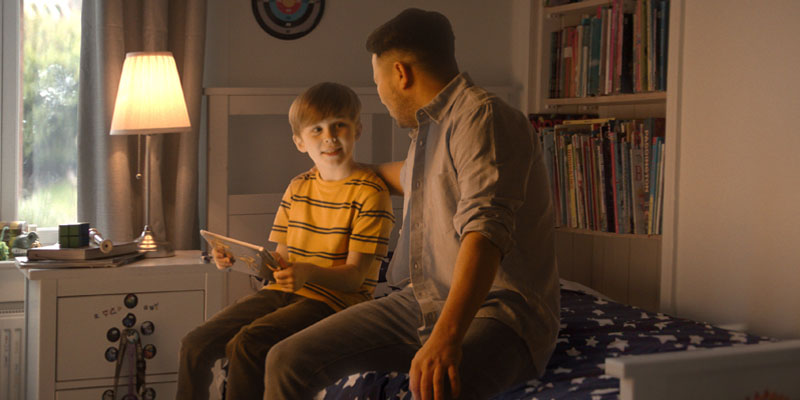
There are so many exciting things to see and do on the internet and it can be a great place to have some fun with your child. Maybe you could ask them to teach you how to play their favourite game. Or maybe you simply cheer them on while they’re playing. Getting involved with your child’s online activity is a really nice way to keep up to date with their online experience.
Tip #3: Watch an online safety video together
If you’re not sure how to get a conversation about online safety going, why not start by watching a short video together and then discussing what you’ve watched? CEOP Education has some really helpful resources:
- If your child’s aged 4-7, the Jessie and Friends cartoons provide a great introduction to online safety (see ‘Talking to younger children about online safety’ below).
- If your child’s aged 8-10, try watching the Play Like Share animations together. There’s even an online game you can play together called Band Runner, which aims to help them learn how to stay safe.
- If your child’s older, the Ask The Awkward films will give you lots of good conversation starters.
Tip #4: Let them know the risks
It’s so important to make your child aware of the dangers online. Topics to talk about include:
- online bullying
- seeing things that may upset them
- potential scams they could fall for
- messaging strangers or people they only know online
- grooming
- spending money online without permission.
That way, if they do come across these things, they’re prepared and know how to react. There are tips and advice on what to look out for on our online dangers page.
Tip #5: Look for 'teachable moments'
Let’s say the issue of online safety comes up in a TV programme or an online show they watch. It might be that a character in the show or a celebrity has had a naked photo of them shared online against their wishes, or that someone in their online community isn’t who they say they are. Try and find opportunities to talk to them about these issues and be part of their online world.
Tip #6: Set boundaries
When it comes to setting rules, every parent is different. Think about how much time you’d like your child to spend online, and the kind of sites they can use. You can then talk this over with them so you have a set of boundaries that both you and your child are comfortable with.
Tip #7: Discuss what's sensible when sharing or posting content
It’s a good idea to talk to your kids about sharing photos and information online, and how they can be changed or misused by other people. One way to show them the importance of thinking before sharing is to ask their permission before you share a photo of them on your social media.
There’s some good advice on the CEOP Education website about sharing content that you could look at together.
Tip #8: Get them to think about their online behaviour
Because we feel more anonymous when we’re online, we don’t always behave in the same way that we would in the real world. Talk to your child about this – how do they like to be treated in the real world, and how do they treat other people? We all want people to be kind and respectful to us, and those same rules apply to the online world. Just because someone’s rude to you, doesn’t mean you have to be rude back. Leaving someone out of a game in the playground is mean – and so is leaving a friend out of a game online. Explain that when someone’s being rude online it’s best just to ignore it, send a polite reply or stop playing – don’t let it escalate.
Tip #9: Don’t be tricked into sharing or talking about harmful content
You may hear about a harmful app, game or website, or a new online challenge where children are hurting themselves or other people. And, understandably, you may think you should warn your child about it. However, this can backfire. They may feel frightened, or they may actually go and look for that content online, or tell other children about it.
Instead, talk regularly to your child about how to say no to things which sound fun or exciting but they don’t feel comfortable doing. Our page on peer pressure has tips for helping your children with this.
You can find out more about how to deal with harmful challenges on our online dangers page.
Tip #10: Let them know you're there for them
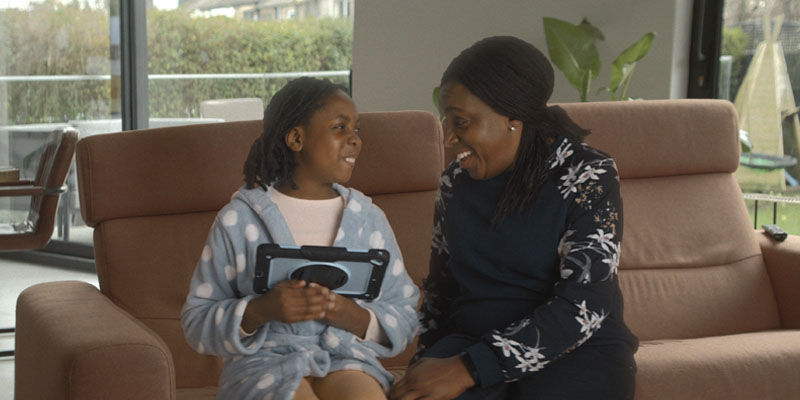
Of course, we all want our child to come to us if they’re in trouble. So, let them know that they can always speak to you or another trusted family member or adult if they feel uncomfortable or worried about something they’ve seen online. Do your best to make sure they know that you would never blame them for anything that might happen online.
You can also let them know that if they would prefer to speak to someone anonymously, they can call Childline on 0800 1111.
Tip #11: Find new ways of dealing with behaviour
Lots of us think about taking away tablets or phones as punishment when a child misbehaves. But this can make them feel anxious and cut off from their friends. Instead, try to talk to them about their behaviour. There are lots of tips on our pages on coping with being a parent and parenting a teen to help with this.
Talking to younger children about online safety
Children are accessing technology and the internet at a younger age than ever before. It’s never too early to talk to your child about what they do online and who to tell if they come across anything online that makes them feel worried, scared or sad. But where do you start? Our page on online safety for younger children (age around 4 – 7) has lots of information and advice to help.
You can find more advice about keeping very young children safer online on the CEOP website.
Talking to your child about online safety if they have additional support needs
Discussing online safety and all the issues that come along with it may seem even more daunting if your child has additional support needs. But it’s still very important to do so, and there are lots of resources out there to help. Childnet have created a great resource to help parents of children with additional support needs talk to them about online safety, set boundaries and deal with any problems that may arise. The resource covers healthy relationships, digital wellbeing, online pornography and nudes.
Talking to teens about online safety
You may feel that your teenager knows more about the internet than you do, but that doesn’t mean they always know how to stay safe. Our page on online safety for teens has tips for helping teens be safer online. Our section on sex and relationships also has lots of information on sexual behaviour online.
More help and support
- For more tips about starting a conversation, the NSPCC has great advice.
- The Ask the Awkward resource from CEOP Education helps you to prepare for regular conversations with your child or teen about online relationships and related topics.
- If you’d like more support setting up parental controls, the Internet Matters website will take you step by step through the process of setting up parental controls and privacy settings across all of the networks, gadgets, apps, and sites that your child uses, to help keep them safer online.
- The Safety Net website has useful guides for parents on a range of topics, including gaming, social media, influencers and sharing pictures.
- This document from the Children’s Commissioner in England also has lots of helpful information, including tips from young people on what they think parents should know about online safety.
- The Education Scotland website has information on how children learn about and use digital resources and how you can help protect your child when they’re online.
 Activities & Play
Activities & Play Behaviour
Behaviour Childcare
Childcare Development & Growing Up
Development & Growing Up Family, Friends & Relationships
Family, Friends & Relationships Feeding Your Baby
Feeding Your Baby Food & Eating
Food & Eating Health & Safety
Health & Safety Mental Health & Wellbeing
Mental Health & Wellbeing Money & Work
Money & Work Online Behaviour & Safety
Online Behaviour & Safety Pregnancy & First Days
Pregnancy & First Days School & Education
School & Education Sleep
Sleep

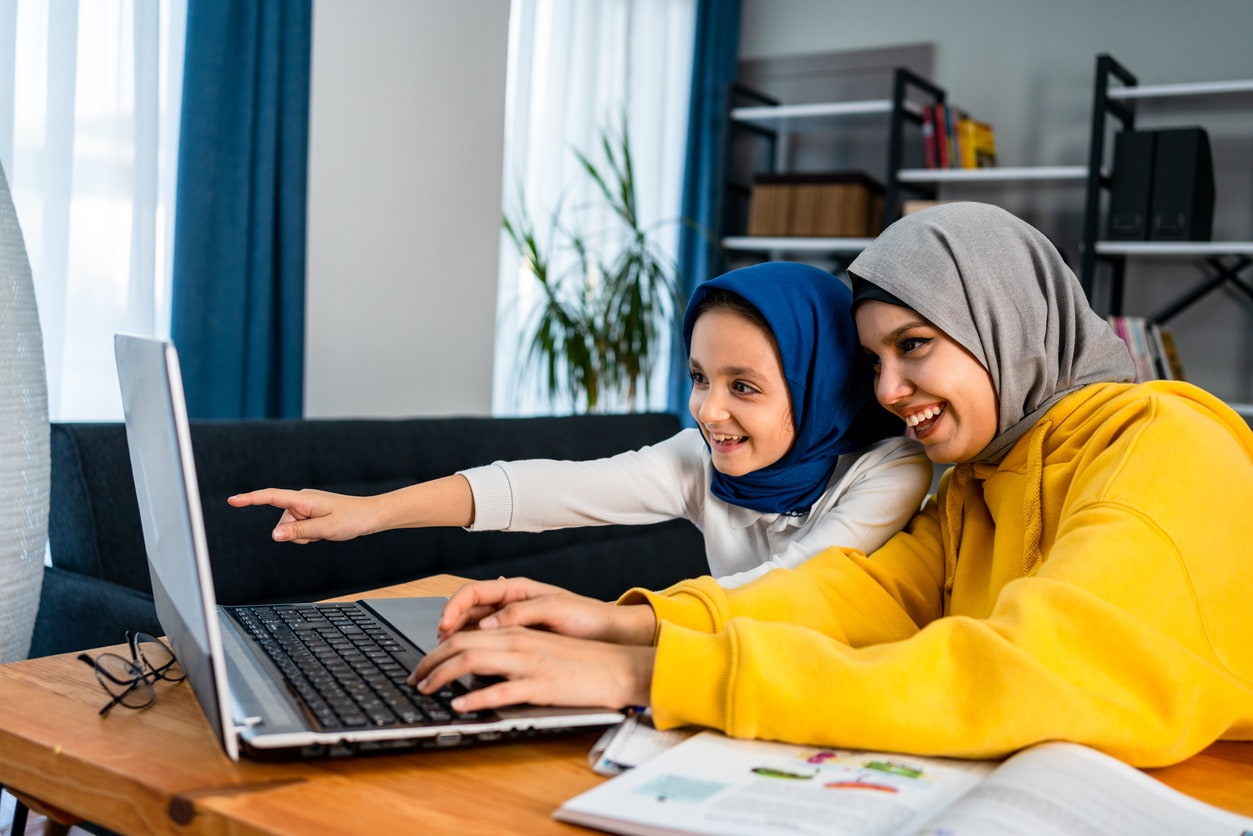





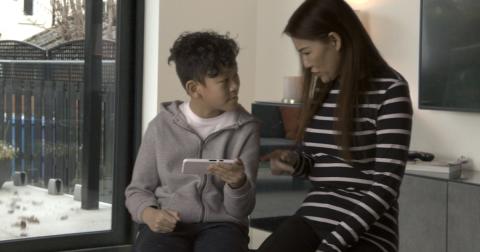

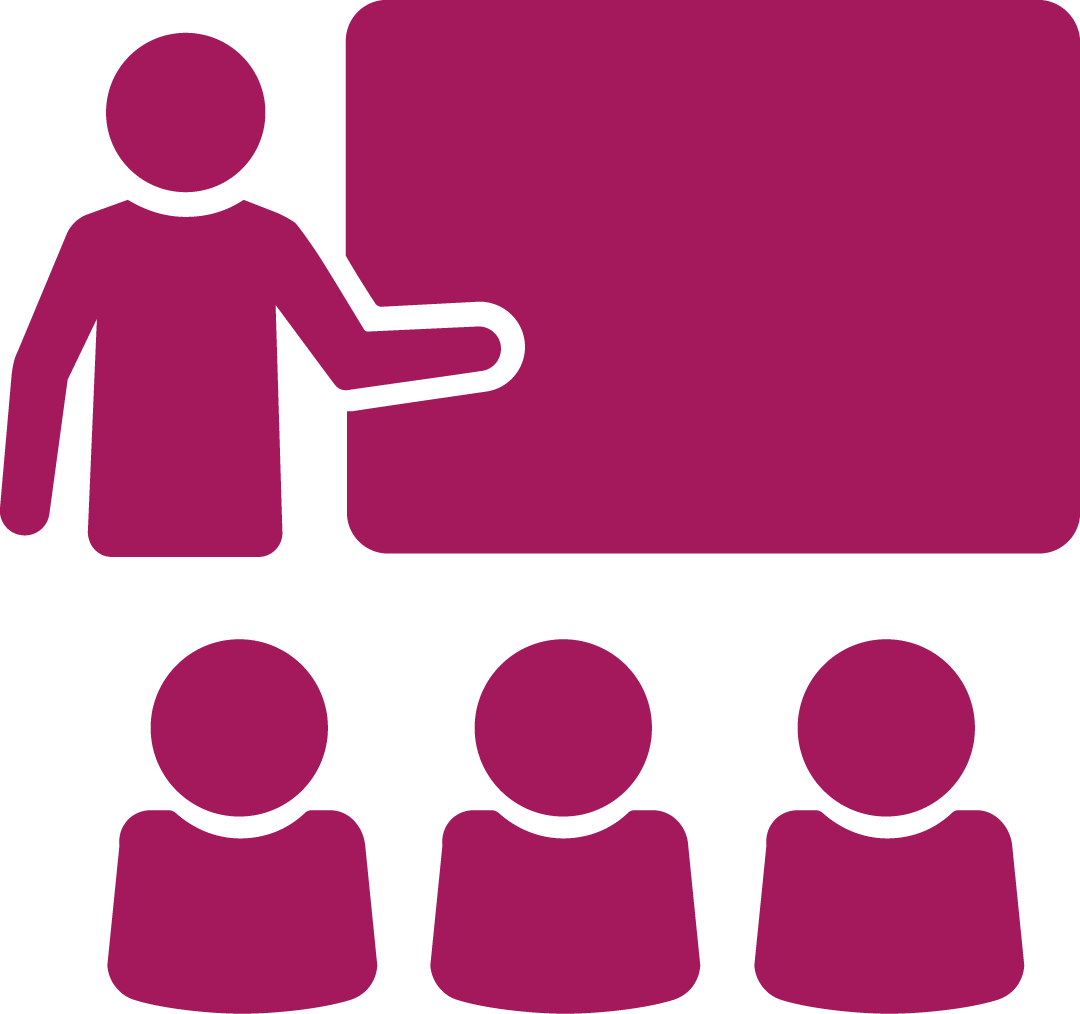 School & Education
School & Education
 Mental Health & Wellbeing
Mental Health & Wellbeing